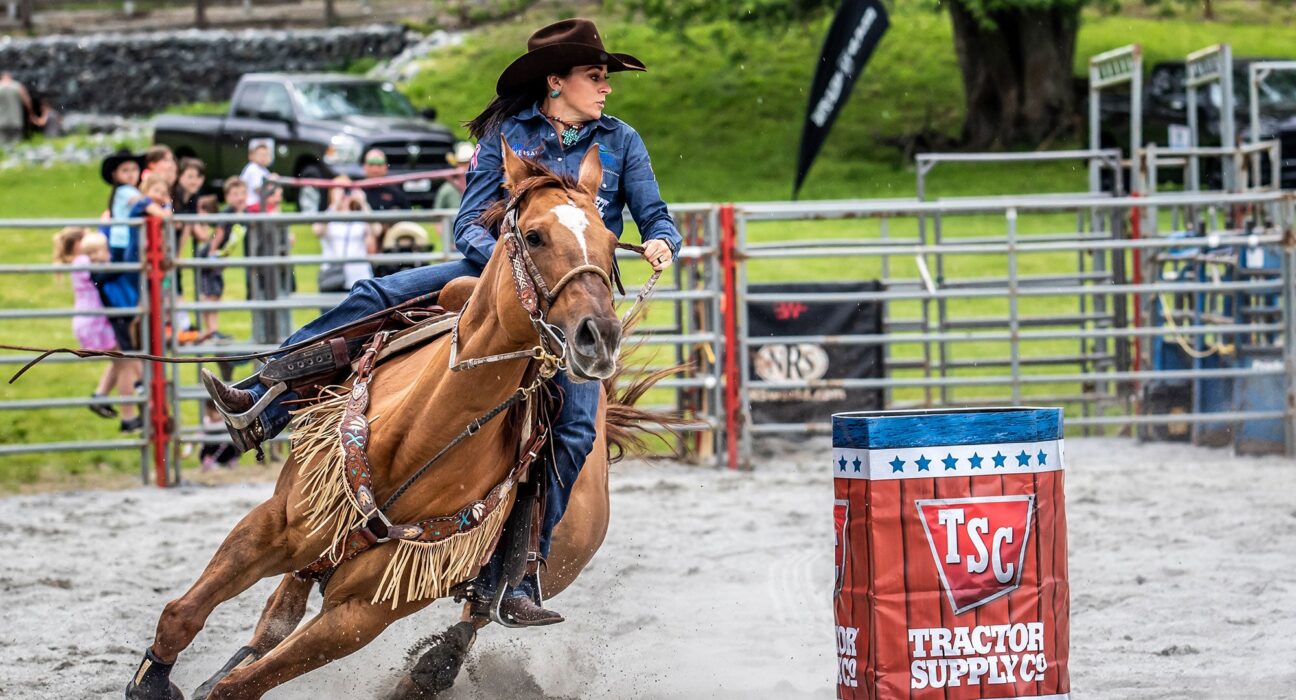If you think fashion, family, and glamour are an unbeatable combination, then Ojude Oba in Ijebu Ode was the ultimate place to be. The atmosphere was electrifying – imagine a city painted with every color imaginable, like a rainbow come to life. This annual celebration, which takes place shortly after Eid al-Kabir, is more than just a display of style; it’s a profound cultural touchstone for the people of Ijebu Ode.
At the heart of this extravagant event are the regberegbe — age-grade groups that gather in perfect harmony to honor the town’s monarch, the Awujale of Ijebuland. And they didn’t disappoint this year. These groups transformed the streets into their personal catwalks. Some made grand entrances on horseback, continuing their families’ long-standing equestrian heritage. Others sauntered in as if they were stepping onto a Hollywood red carpet.
The women were resplendent in buba and iro crafted from lace, asooke, adire, brocade, and damask fabrics. But what truly stole the show was their impeccable styling: shoes matched geles (head wraps), geles coordinated with purses, which in turn complemented their jewelry. In some instances, groups even wore perfectly matching accessories — talk about attention to detail!
The men were equally dashing in elaborate agbada outfits adorned with vibrant colors. Their caps perched elegantly on their heads while coral beads adorned their necks, wrists, and ankles. Walking sticks became a trendy accessory for the day. And let’s not forget about those sunglasses – oversized frames in all shades and styles added an extra layer of flair to their looks.
This year’s Ojude Oba was undeniably a feast for fashion enthusiasts everywhere – a spectacle where culture meets couture on every corner. As one attendee gushed,
“The energy at Ojude Oba is unmatched; it’s like stepping into a living painting where tradition dances with modernity.”
Expert analysts believe events like Ojude Oba play a crucial role in preserving cultural heritage by showcasing traditional attire and customs to younger generations who may be veering towards Western influences. Dr.Adeola Olaniyan states,
“It’s through celebrations like these that we keep our roots alive; it’s both an expression of identity and a lesson in history.”
In conclusion,Ojude Obais not merely an event but rather an ode to tradition,a colorful tapestry woven from threads of history,personal expression,and community pride.It serves asa reminder that amidst modernity,it is important tonurtureand valueour cultural legacy,in all its vibrancyand glory.

